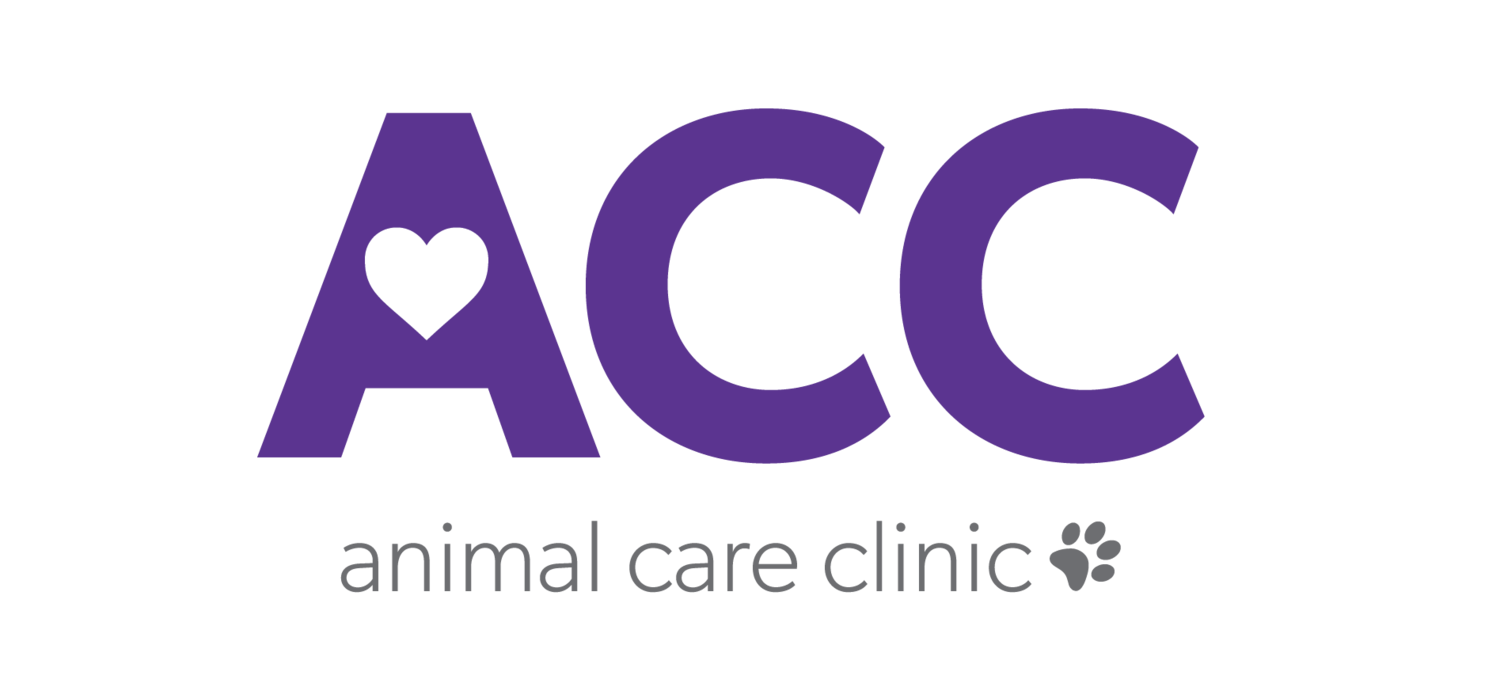Although rare, dogs can experience allergic reactions to vaccines. The adverse reaction doesn’t always occur with the first round either. So, it’s wise to watch your dog after every set of shots to confirm that they tolerated the vaccinations well. If not, you can help your dog make a full recovery by getting them the vet care they need at that moment.
Wondering just what to watch for when it comes to vaccine reaction in dogs? Here’s what you need to know about dog vaccine reaction signs, diagnosis, and treatments.
Emergency Symptoms of Vaccine Reactions in Dogs
Adverse reactions to vaccines are rather uncommon and usually relatively mild when they do occur. In rare cases, the dog allergic reaction to vaccine may cause serious, life-threatening symptoms, like anaphylaxis.
When anaphylaxis occurs, your dog may develop:
Facial swelling
Difficulty breathing
Itchy hives
Diarrhea
Vomiting
Serious allergic reactions typically happen right after the injection. But sometimes, it can occur up to 48 hours after getting the vaccine.
Shock can occur as well, causing your dog’s heart rate to slow down and blood pressure to drop. Your dog may also seem to feel quite weak and have pale mucous membranes.
Both anaphylaxis and shock require immediate vet care. They are life-threatening conditions that quickly worsen without treatment and support from your veterinarian.
Common Signs of Dog Vaccine Reaction
The chance of your dog developing a vaccine reaction is quite rare, especially when it comes to severe reactions.
When a dog vaccine reaction does occur, it often causes mild symptoms like:
Irritation and swelling at the injection site
Lethargy and sluggishness
Runny nose
Cough
Mild fever
The symptoms will usually dissipate within 48 hours, but it’s still a good idea to let your vet know your dog is feeling a bit under the weather. They may recommend that you bring your dog in for a checkup, just to make sure that their symptoms are not cause for concern.
Diagnosis and Treatment of Dog Vaccine Allergies
Your veterinarian can diagnose and treat dog vaccine allergies to help your pet make a full recovery. The care process starts with a thorough exam. In some cases, your dog may need additional lab tests done to rule out conditions that cause similar symptoms, although it’s not usually necessary.
The treatment will depend on the severity of the symptoms. For anaphylaxis and shock, your dog will likely need IV fluids, epinephrine, and oxygen support. If that’s the case, then they may need to stay overnight at the clinic for round-the-clock monitoring by the vet team.
As for mild reactions, dogs rarely need additional care to fully recover. You can help them feel better by creating a comfortable place to rest and providing plenty of scritches, pats, and love. Your vet will let you know if you should make any dietary changes and how to keep your dog well-hydrated while they get well.
What to Do if Your Dog Exhibits Vaccine Allergy Symptoms
Is your dog experiencing symptoms of a vaccine allergy? If so, we’re here to help. To get in touch, simply give us a call at 785-762-5631 or fill out our online scheduling form. Either way, our team will help you find a great time to bring your dog to our Junction City, Kansas, vet clinic.
In the event of an emergency situation, like if your dog is showing the signs of shock or anaphylaxis, we’ll get you right in – or help you find an emergency vet near you. We’re always here to help your dog stay healthy and happy through the years, so feel free to give us a call whenever your canine companion needs care.

